MVR is famous
Event ID: 365
Categories:
19 May 1917
Source ID: 10
‘On Saturday, at seven o’clock in the morning, Ilse picked Manfred up from the train. They came out here on foot. The news of his arrival had barely spread when a flood of bouquets of flowers and small gifts poured in. The whole town seemed mobilised. I knew how much Manfred disliked being celebrated. But it couldn’t be helped, he didn’t like his role. There was nothing missing from these ovations, neither the Wandervogel with the whirring song of his lute, nor the cattle guard with paper helmets and tassels. the fine weather on Sunday favoured the arms walk in our house. The street was black with people. Everyone wanted to see him. We spent the whole day in the garden. Delegations came and went. Young Germany – the youth defence force – the primary schools – speeches – serenades – speeches – the magistrate sent a young oak tree, garnished with Marshal Riel roses; military bands blared… and once again I see Manfred busy with the children, how they cling to him, how it gives him pleasure to look into so many young faces glowing with enthusiasm. Only when one of the gentlemen regrets that not all two or three thousand pupils were here to shake his hand (as they couldn’t all have been mobilised due to the school holiday on Saturday afternoon) does a wince cross his face. – In the evening, we could no longer stand up because we were so tired. Manfred had also patiently signed all the postcards with his picture that children and adults had brought. However, when a lady arrived with a hundred cards at once for him to sign, he said brusquely: ‘I won’t sign a single one.’ Puzzled by this almost brusque tone of refusal, I looked at him in astonishment. He explained, still grumbling, that in another city he had once been asked to sign fifty picture postcards. He did that too. He then watched from his window as the fifty cards were sold on the street. To put it to the test, I then asked the lady, who had turned away piqued, why on earth my son should have drawn the whole pile. She replied quite naively: ‘To sell them, the piece for 1 mark; she could make good use of the proceeds for charity.’ – Despite the good cause, I couldn’t quite make friends with her method. As the rush didn’t let up, I resorted to a radical remedy. I had it written in the newspaper that Manfred had left. We travelled away from here – but only by car as far as Stanowitz. Manfred was looking forward to shooting a buck in the beautiful old hunting ground. He was also longing for a few days of peace and quiet. We were surprised to see preparations for a festive reception as soon as we entered the village. The villagers lined the street, faces were looking out of all the windows, the castle had flown its flags, a painter was taking photos with an important gesture, children were constantly singing songs of welcome. I suspected the worst and furtively scrutinised Manfred from the side. His face became increasingly gloomy, weather clouds were gathering. But before the clouds could clear, salvation came in the form of faithful old Schwanitz. The skidder and hunter with his weather-beaten face and two bright, sharp eyes had always been Manfred’s friend; he knew every turn in the forest. A hearty handshake – not a useless word – a short, firm look – that was the kind of greeting Manfred loved. Soon the two of them were stalking. The bushes closed behind them. In the evening, the buck was brought down. * At dusk, we like to sit together for a snooze, as we used to love to do. Manfred then tells me about his experiences and I listen, avoiding asking questions so as not to disturb him. What he says sounds so fresh and unaffected, and there’s often a touch of humour in his tone, which I like. An uninitiated listener might think that fighter flying is a not harmless but thrilling pleasure. I think I know a bit more about it, as a ‘flying mum’ I have already become too familiar with this world. And I see this: …. … ‘It was one of the lucky few that a kind fate left alive,’ Manfred concludes.’
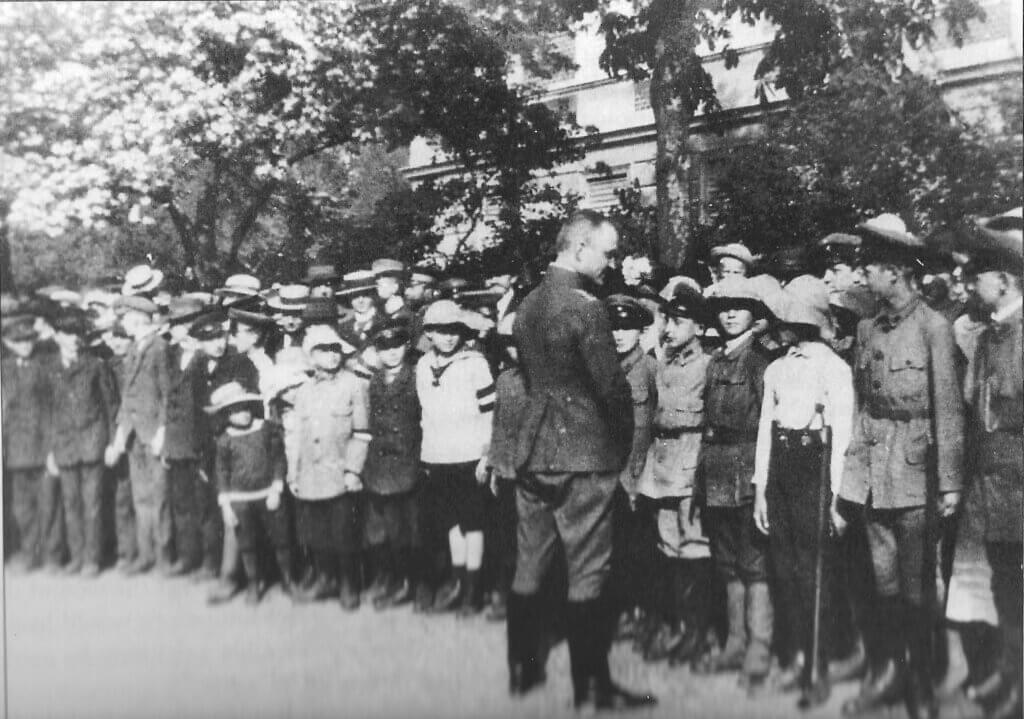
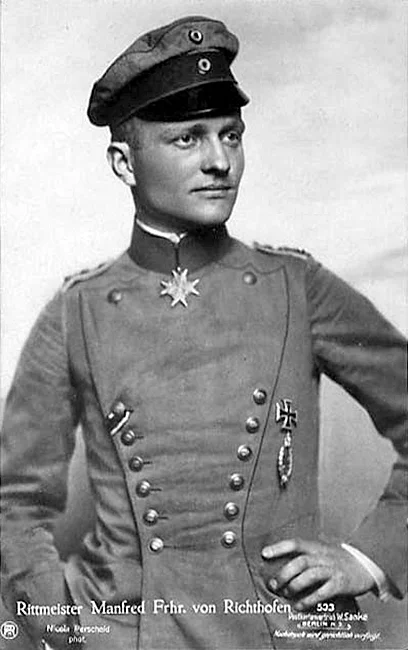
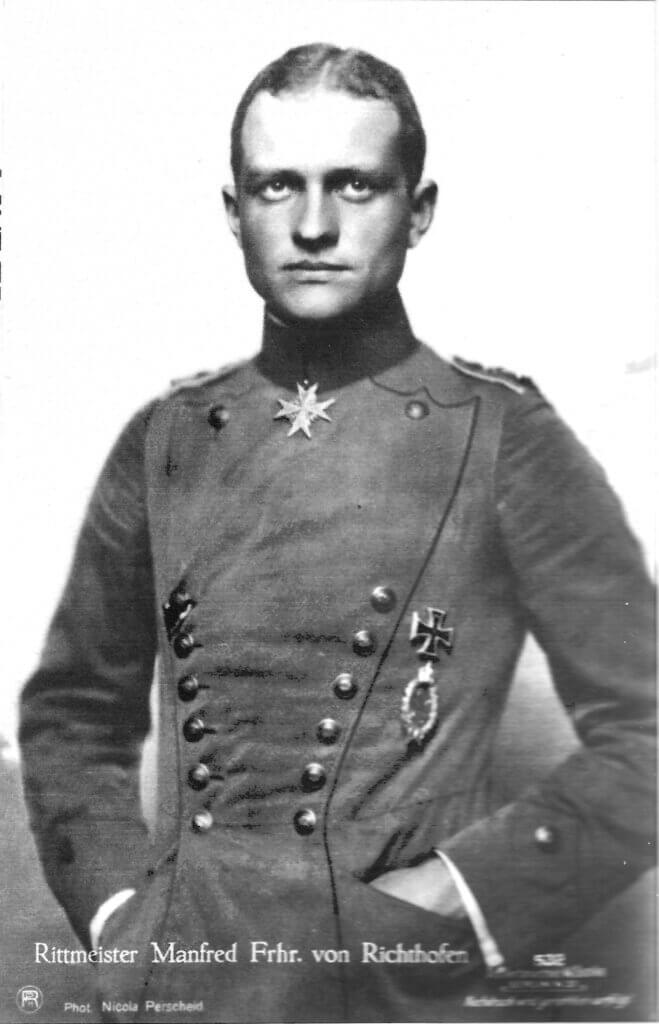
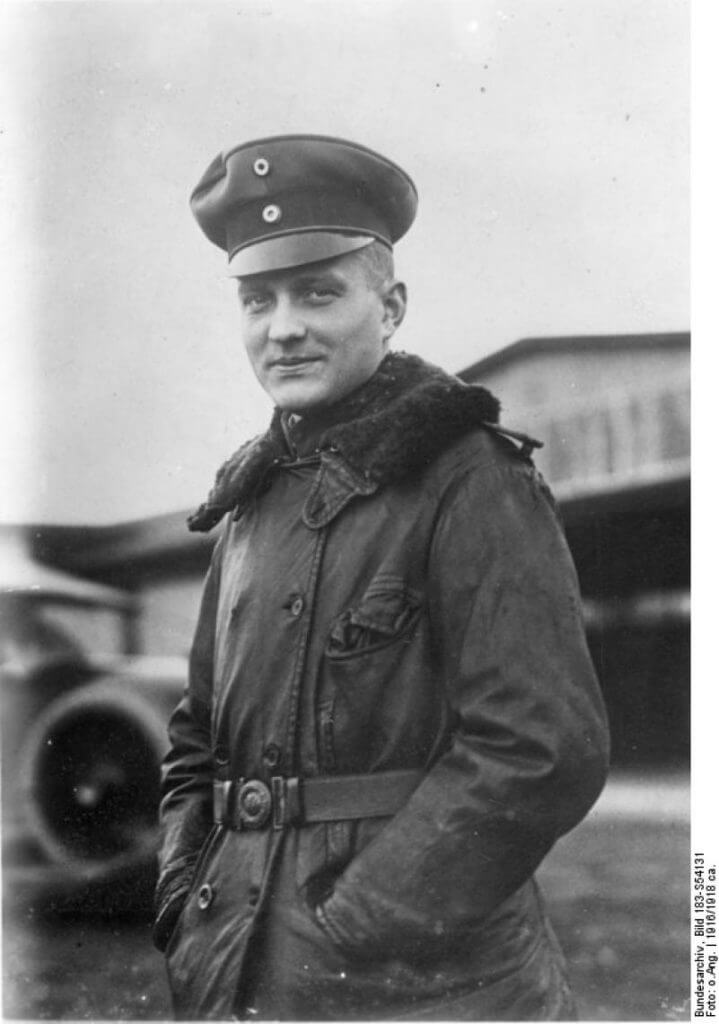
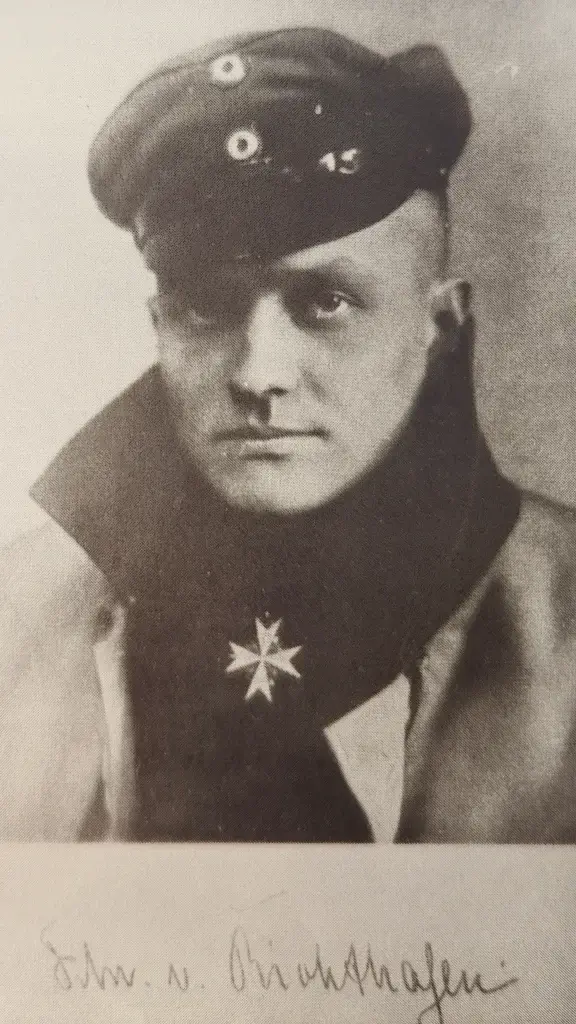
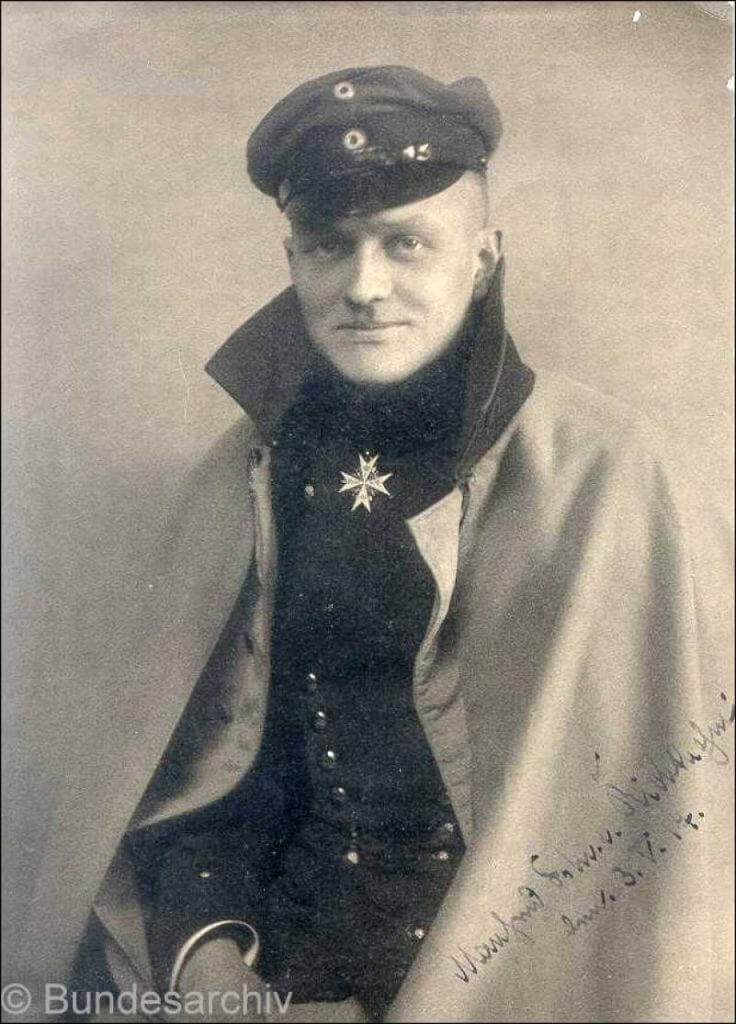
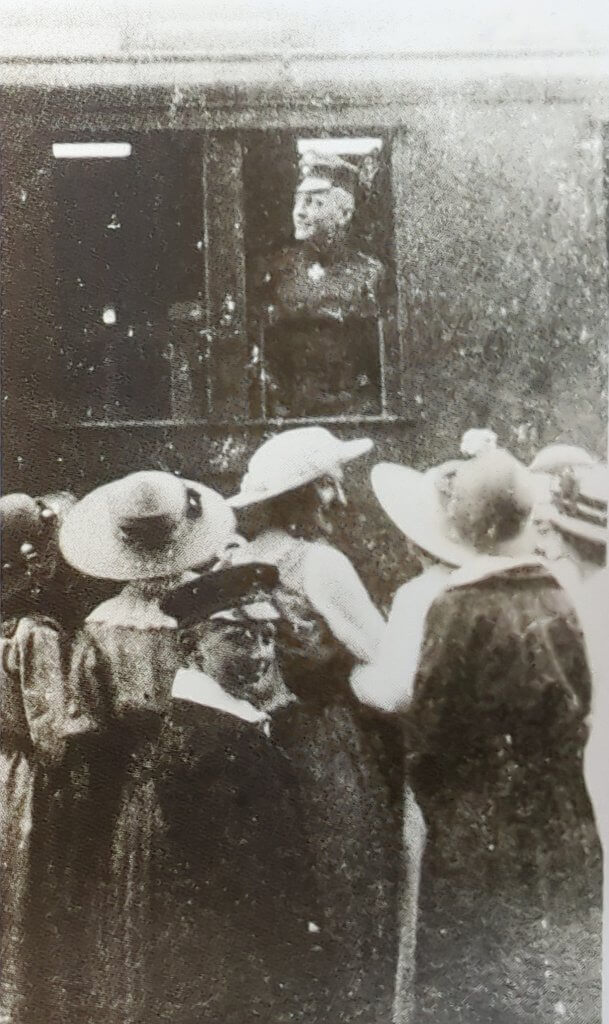
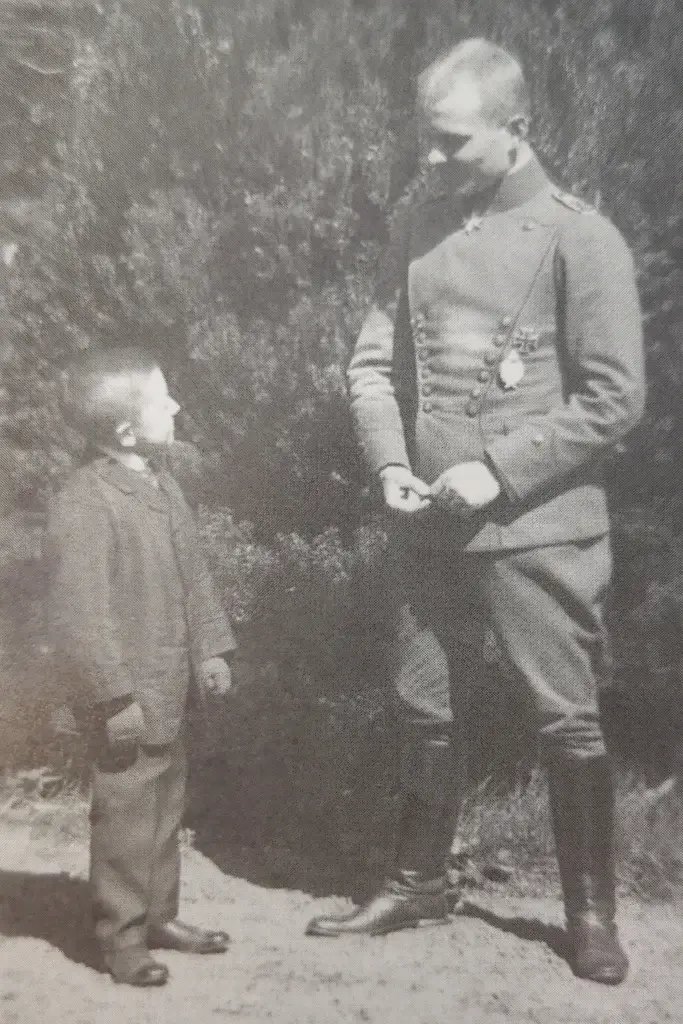
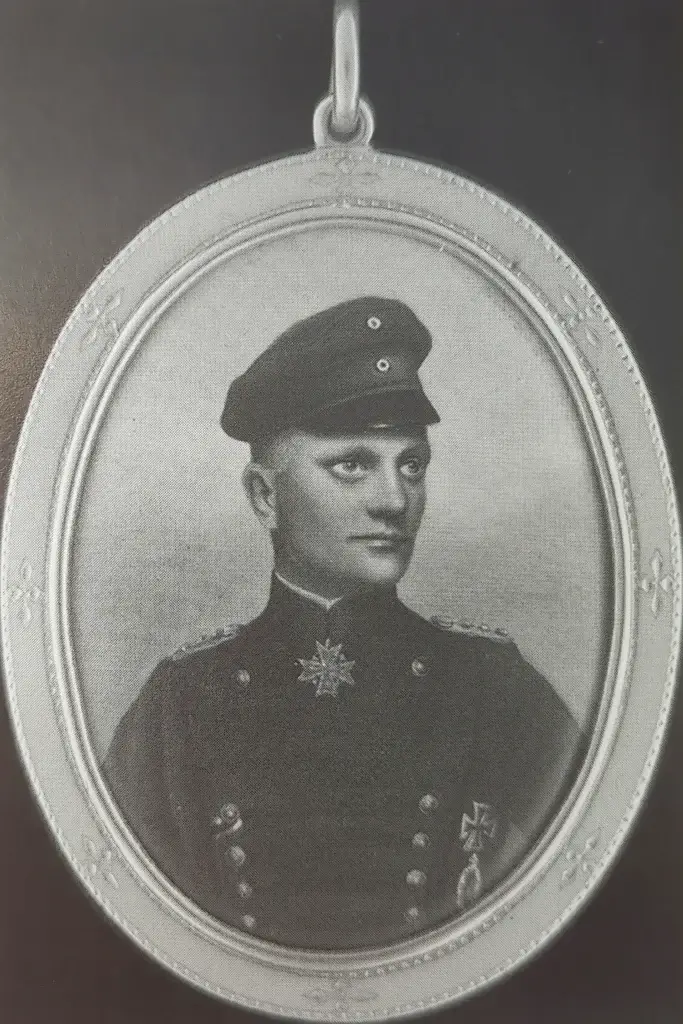
Comments (0)